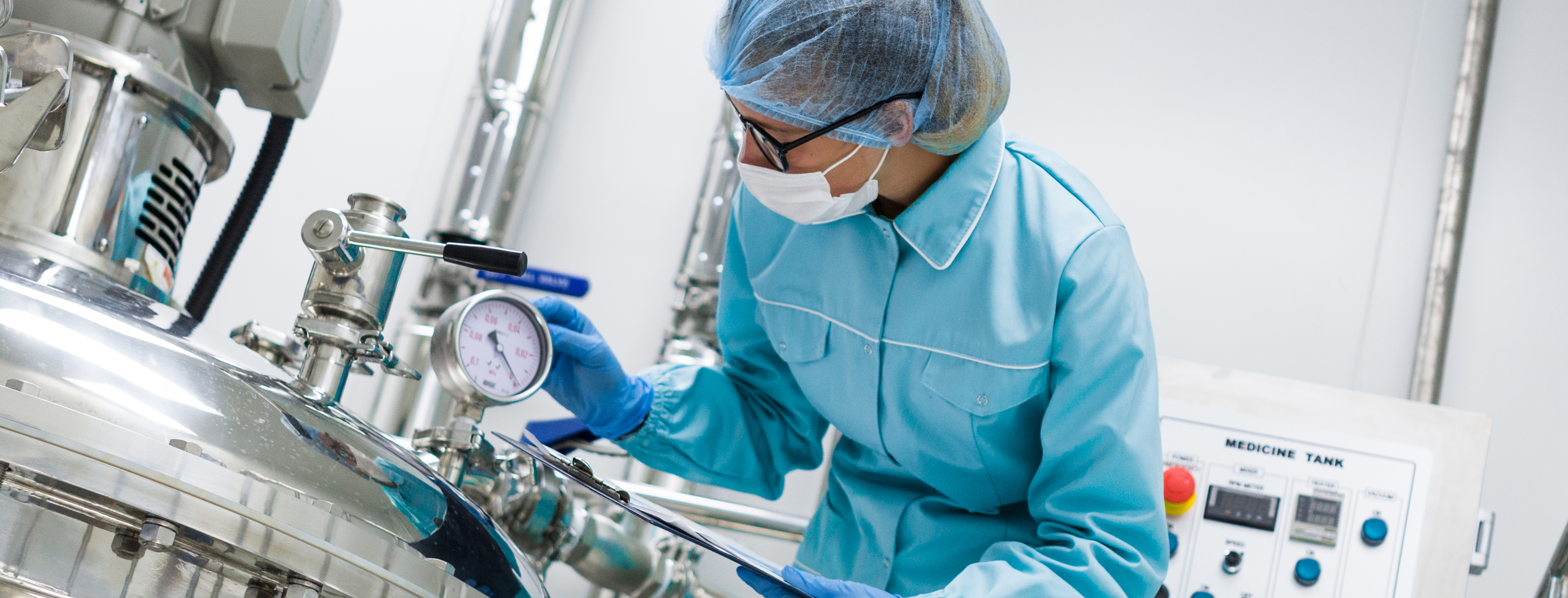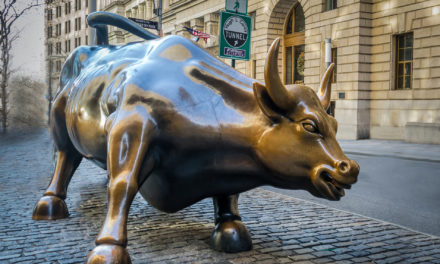
“I buy on the assumption that they could close the market the next day and not reopen it for five years.”
— Warren Buffett
Investors can learn a lot from Warren Buffett, whose above quote teaches the importance of thinking about investment time horizon, and asking ourselves before buying any given stock: can we envision holding onto it for years — even a five year holding period possibly?
Suppose a “buy-and-hold” investor was considering an investment into Marriott International, Inc. (NASD: MAR) back in 2016: back then, such an investor may have been pondering this very same question. Had they answered “yes” to a full five year investment time horizon and then actually held for these past 5 years, here’s how that investment would have turned out.
| Start date: | 03/08/2016 |
|
|||
| End date: | 03/05/2021 | ||||
| Start price/share: | $68.41 | ||||
| End price/share: | $146.92 | ||||
| Starting shares: | 146.18 | ||||
| Ending shares: | 154.56 | ||||
| Dividends reinvested/share: | $6.08 | ||||
| Total return: | 127.09% | ||||
| Average annual return: | 17.85% | ||||
| Starting investment: | $10,000.00 | ||||
| Ending investment: | $22,712.09 | ||||
As shown above, the five year investment result worked out exceptionally well, with an annualized rate of return of 17.85%. This would have turned a $10K investment made 5 years ago into $22,712.09 today (as of 03/05/2021). On a total return basis, that’s a result of 127.09% (something to think about: how might MAR shares perform over the next 5 years?). [These numbers were computed with the Dividend Channel DRIP Returns Calculator.]
Dividends are always an important investment factor to consider, and Marriott International, Inc. has paid $6.08/share in dividends to shareholders over the past 5 years we looked at above. Many an investor will only invest in stocks that pay dividends, so this component of total return is always an important consideration. Automated reinvestment of dividends into additional shares of stock can be a great way for an investor to compound their returns. The above calculations are done with the assuption that dividends received over time are reinvested (the calcuations use the closing price on ex-date).
Based upon the most recent annualized dividend rate of 1.92/share, we calculate that MAR has a current yield of approximately 0.00%. Another interesting datapoint we can examine is ‘yield on cost’ — in other words, we can express the current annualized dividend of 1.92 against the original $68.41/share purchase price. This works out to a yield on cost of 0.00%.
One more investment quote to leave you with:
“In the long run, it’s not just how much money you make that will determine your future prosperity. It’s how much of that money you put to work by saving it and investing it.” — Peter Lynch




